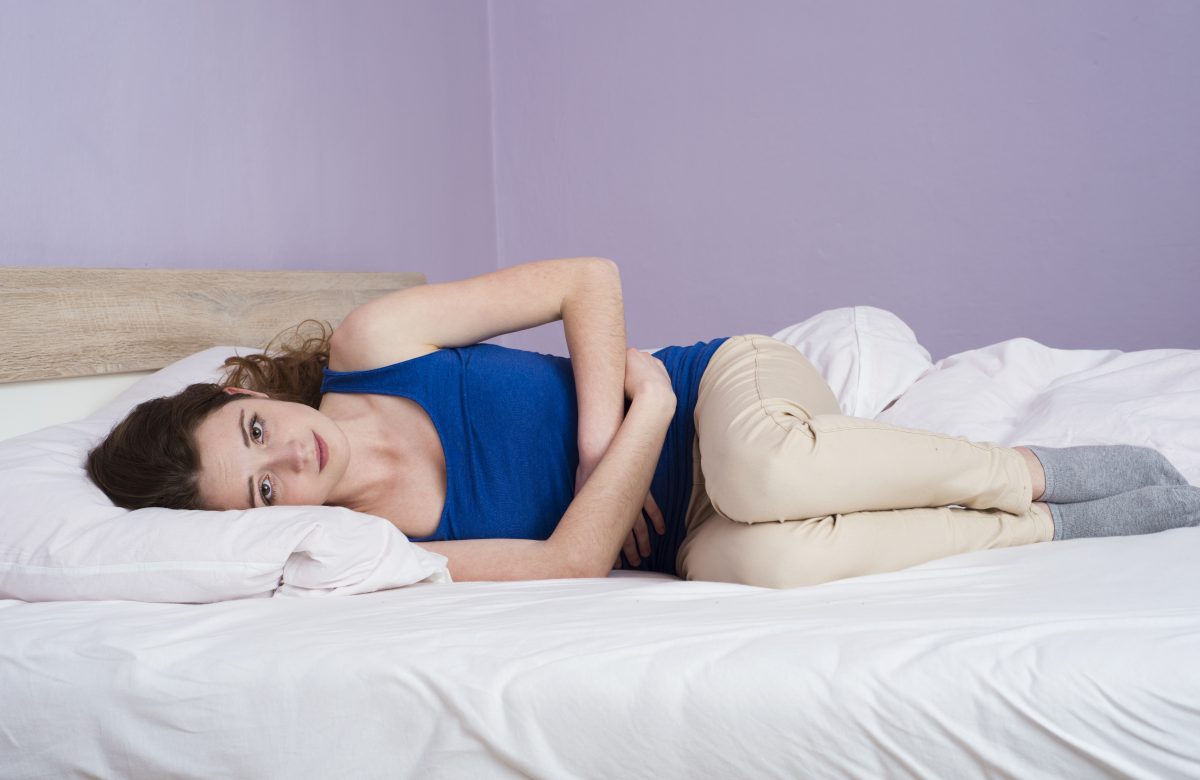Depression causes feelings of sadness, anxiety, and preoccupation at times with death. It can cause insomnia, poor concentration, weight loss, weight gain, fatigue, and a weakened immune system. This can lead to accidents, diabetes, heart disease, cancer, and other chronic illnesses that ruin your health. Here are four effects depression has on your body.
1. Chronic Pain and Inflammation
Often, those with depression have aches and pains in their muscles and joints and develop chronic headaches. Many doctors believe that depression causes chronic inflammation in the body, or the person has chronic inflammation that leads to depression. More research is needed to determine what causes chronic inflammation.
Urinary incontinence in men and women can lead to feelings of frustration and anxiety. According to the Pelvic Center, their studies of Emsella showed that it improved stress urinary incontinence (SUI) by 95%. Finding solutions to health issues like this will improve the person’s mood and health.
2. Chronic Health Issues
Depression often leads to chronic health issues like diabetes, heart disease, cancer, and arthritis or makes them worse. The feeling of isolation and stress makes coping with a chronic condition worse. Seeking help for depression when managing a chronic illness will help individuals cope better. At work, depression costs employers around $44 billion annually in lost productivity. Employers that provide solutions and programs that address depression will find productivity rates improve.
3. Insomnia
Depression can lead to a lack of sleep at night and that interferes with daily tasks. It can lead to accidents at home, at work, or driving on the road. According to these government organizations, the Ncbi.,nlm.,nih.gov, conclude that fatigued driving has led to 30% of all commercial truck accidents. Accidents lead to physical injury, adding to the complications of dealing with depression. When performing tasks at work, lack of sleep can lead to injuring others, or yourself and costly mistakes.
4. Digestive Disorders
Depression often causes digestive disorders like gas after eating, bloating, and stomach aches. It can lead to acid reflux and even ulcers. Depression suppresses hormones in the body that support processing food. Those that are depressed may not eat, leading to weight loss and lack of nutrition, or eat too much, leading to weight gain.
Treatments for Depression
There are treatments for depression for children, teens, adults, and seniors. You do not have to suffer and bear it. Some of the different treatments are behavioral therapy, cognitive therapy, interpersonal, mindfulness cognitive therapy, support groups, and medication. Don’t let depression ruin your health, reach out and get help.
Behavioral Therapy looks at the connection between behavior and mood. The patient finds new ways to cope with demanding situations and get involved in activities that bring enjoyment. Cognitive therapy examines negative thinking patterns and behaviors that contribute to the patient’s depression. They work on exercises and assignments outside of therapy to change negative thinking and behavior.
Interpersonal psychotherapy involves one on one with a therapist who assesses the person and finds ways to help them work on relations with family and friends. They might work on grief, conflict, transitions, and loss. Group therapy is a group of individuals that suffer from similar symptoms and disorders meets to talk and discuss ways to cope with depression. Groups will have a moderator that supervises and leads the group.
Besides therapy, many patients have doctors prescribe prescription medications that help with the symptoms of depression. These medications alleviate anxiety, worry, sadness, and other negative symptoms that come with it.
Treatment For Depression Improves Physical and Mental Health
When you treat depression, you will improve most physical illnesses because you will give it attention and effort. It will lead to your improving your diet, taking better care of yourself, finding ways to relieve stress, exercising, and developing interests and hobbies. You will have someone to talk to and learn new ways to cope with. All these factors will improve your mood and contribute to better health.
These are some ways depression affects your body. It can cause chronic illness, insomnia, anxiety, sadness, lack of energy, and poor concentration. Seeking treatment is the first step to coping with depression.
